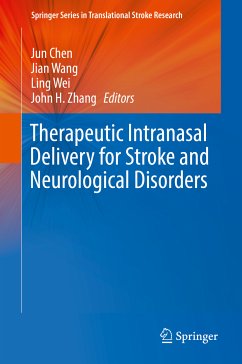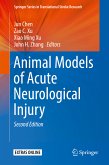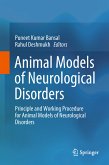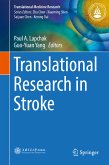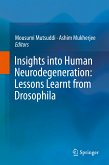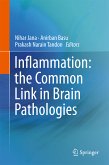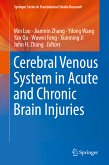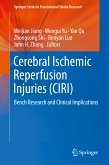The blood-brain-barrier prevented harmful materials entering the brain and in the meantime is a barricade to therapeutic drug delivery. Intranasal drug delivery to circumvent blood-brain-barrier was developed in the past, to take advantages of a secret passage from the olfactory epithelium into the brain-bypassing the tight junctions that encapsulated the brain from blood circulation. This timely publication of Therapeutic Intranasal Delivery for Stroke and Neurological Disorders presented some of the latest advances in intranasal delivery research, including transnasal hypothermia induction, stem cell intranasal transplantation, intranasal drug delivery in ischemic and hemorrhagic models, intranasal peptides delivery, intranasal tPA application in adults and children.
Editors Jun Chen, Jian Wang, Ling Wei and John Zhang are professors from University of Pittsburgh, Johns Hopkins University, Emory University and Loma Linda University in USA.
Dieser Download kann aus rechtlichen Gründen nur mit Rechnungsadresse in A, B, BG, CY, CZ, D, DK, EW, E, FIN, F, GR, HR, H, IRL, I, LT, L, LR, M, NL, PL, P, R, S, SLO, SK ausgeliefert werden.

